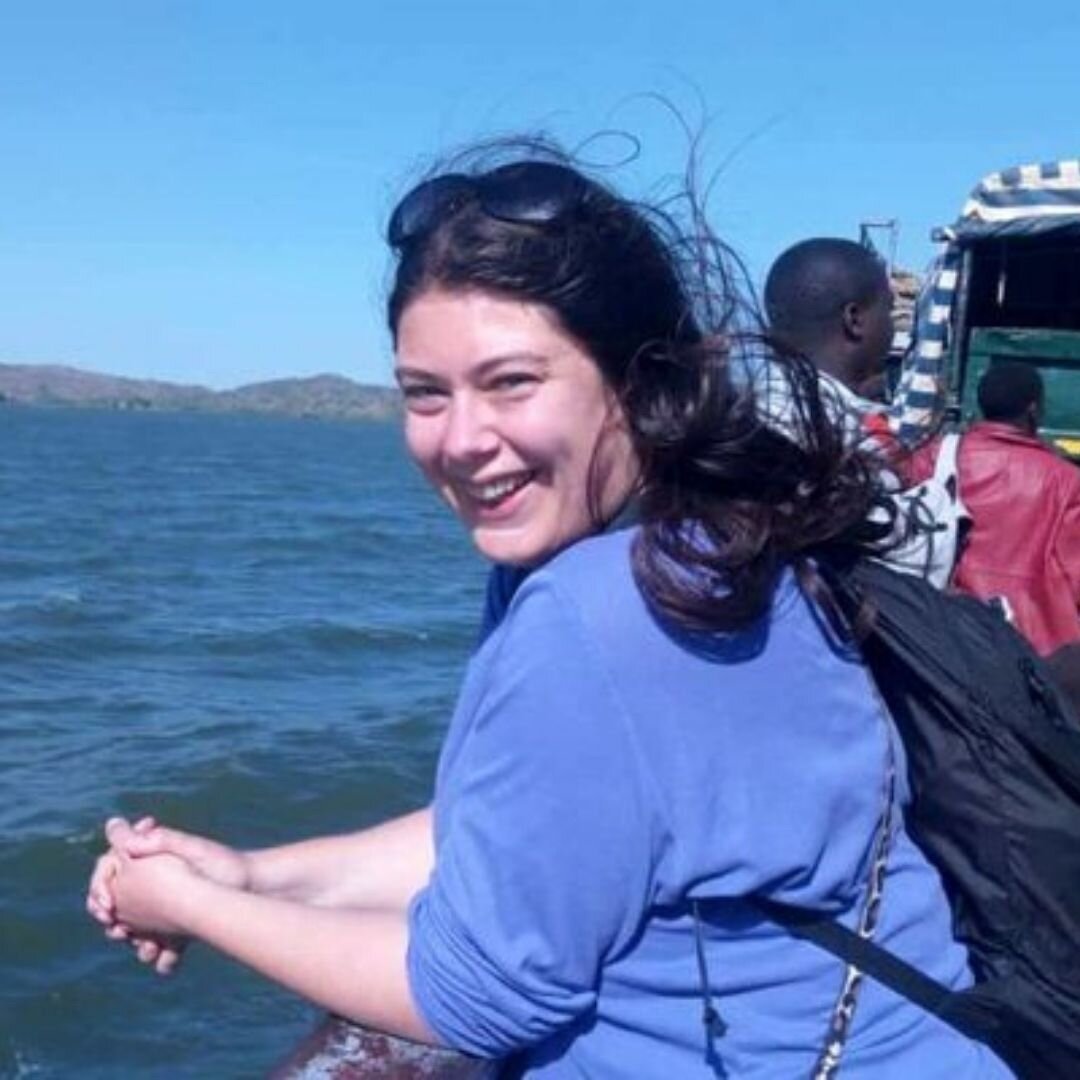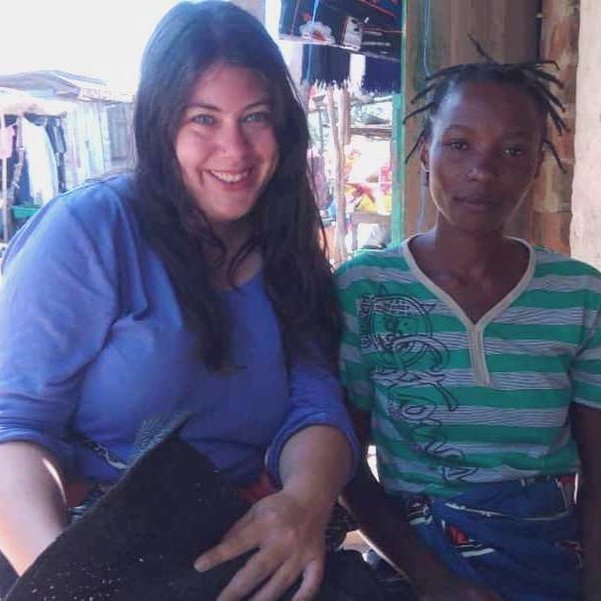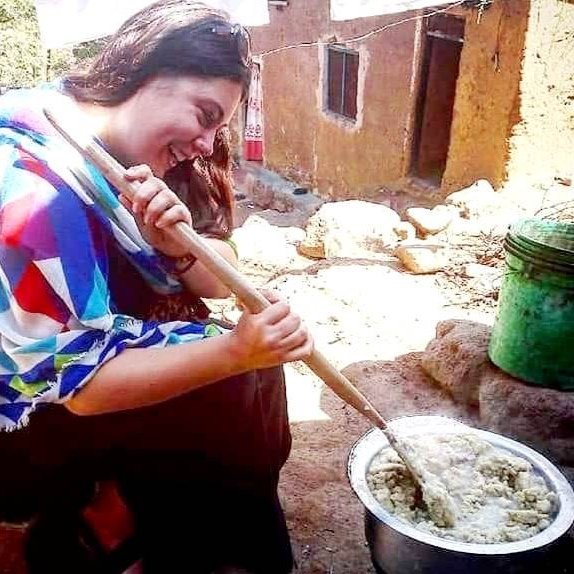How long is your volunteer placement?
Just one month, but I hope to continue after I return home to finish a few of my projects.
What things have you found surprising?
The number of girls in the village who drop out of school because of pregnancy and other reasons. I read the baseline survey about Kamanga, which was commissioned by Cedar Tanzania in 2015. In Nyamatongo Ward, 10 girls in primary school (which runs up until the age of 13) became pregnant and stayed in school, but the report stated that it is difficult to get data on the number of girls who get pregnant and drop out of school, because the families sometimes do not disclose this. The drop-out rate at primary school for girls may be as high as 40%.
What things have you enjoyed?
One of the things that I enjoyed the most was going to visit Kamanga village with Abduli, one of Cedar Tanzania’s Field Officers. In the morning, we went to the port to catch the ferry from Mwanza to Kamanga. I was clutching a take-away coffee, but buying it had made me a little late, so we had to rush to get the boat. I loved the ferry ride: the sunshine, the beautiful scenery, the light reflecting off the water, the huge birds flying overhead, the cooling breeze. It was all very different to my commute when I was living in London, which was an hour and a quarter on an underground train, which offers no views whatsoever. I put on my kanga (local cloth wrapped round the body on top of your clothes, for extra modesty) and we got off the ferry, alongside trucks and people and the occasional chicken.
Abduli and I first went to Kamanga Health Centre, and he kindly showed me round. I was very impressed with how lovely the grounds looked and the high standards to which the health centre had been built. As we were looking round, patients were coming in to take advantage of all the facilities; for example, seeing a doctor, getting medicines, having post-natal check-ups. It was great to see, since I knew that before the Kamanga Health Centre was built, local people had had difficulty accessing healthcare. I had read about it in the annual report, but to see it in person really brought home to me the importance of Cedar Tanzania’s work.
In Kamanga village, Abduli was meeting with the Community Activists, who are local people trained to run sessions on SASA!. It was inspiring to meet people who give up their time to improve their communities. One of them worked in the cluster of restaurants that’s by the ferry port, another in a little market, a third we visited at home. Then for lunch we went back to the local restaurants by the ferry port and had grilled goat meat and ugali (a local staple, a cooked cassava and corn flour dough) with lemon juice, salt and chili. It was delicious!
At the end of the day, we got the ferry back. It was a tiring and hot day, so on the way back I just sat quietly in my seat, rather than running all over the ferry exclaiming as I had done on the journey out. Even though I was sweaty and exhausted, it was my best day at Cedar because it reminded me of what we are working for.
What things have challenged you so far?
I come from a cold country, so the heat can be a bit challenging at times!
Would you recommend this volunteer scheme to others?
Absolutely! It has been an amazing experience, and Cedar Tanzania is a great organisation.
What would you say to anyone who said that they could not volunteer because they do not have a skill to offer?
Volunteering can be intensely rewarding; it is the best thing I have done with my life. So I would say, don’t let negative thoughts like that put you off! Firstly, you almost certainly have more skills than you think. For example, I was really worried when I started at Cedar Tanzania about my lack of skills. But it turned out that my ten years working in a job in the civil service had furnished me with all kinds of skills that I hadn’t previously valued, but that turned out to be unexpectedly useful. For example, my computer skills, and the fact that I have worked on a database project before. Secondly, sometimes larger organisations will provide training. And finally, things that you might not think of as skills, like the ability to listen compassionately to those in trouble, might be just what an organisation needs. So don’t delay, look for a volunteering opportunity today! I promise you won’t regret it.




